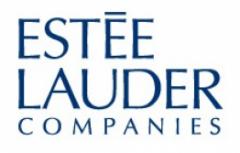Then, what about cosmetics market?
Luxury cosmetics markets has shown significant growth in asian countries, including china and south korea despite recession, while in american markets, luxury cosmetics brands have faced a big challenge resulting from the unexpected change in consumer's behavior. Women have gravitated toward lipsticks and other inexpensive pick-me-ups during recession. This resulted in the Drug stores' expansion of their beauty sections. This is compelling news for L'oreal (brand) and P&G that are gaining higher margin from mass retailers, compared to department stores Estee lauder relies heavily on. For this reason, Estee lauder (brand) took a move downscale to grocery stores like Wal-Mart; however, it might have been a myopic strategy ruining its first-ranked brand image. Furthermore, P&G started to flirt with luxury cosmetics to broaden its portfolio, thereby raising competition in the luxury cosmetics market.
(Whether a move downscale works or not depends on the market - For your information, some luxurious brands, such as Hermes and BMW, attracts a lot of Korean customers by launching inexpensive "entry-level" products without cannibalization as a Masstiage strategy, which means downward brand extension, knowing that there exists strong Veblen effect.)
(Whether a move downscale works or not depends on the market - For your information, some luxurious brands, such as Hermes and BMW, attracts a lot of Korean customers by launching inexpensive "entry-level" products without cannibalization as a Masstiage strategy, which means downward brand extension, knowing that there exists strong Veblen effect.)
I learned from the case of Coca-Cola Brazil that a short-term strategy can affect product's profitability eventually. There is no magic to this. Consumer's perceived value should come first for a long-term success without affecting emotional value.









No comments:
Post a Comment